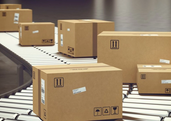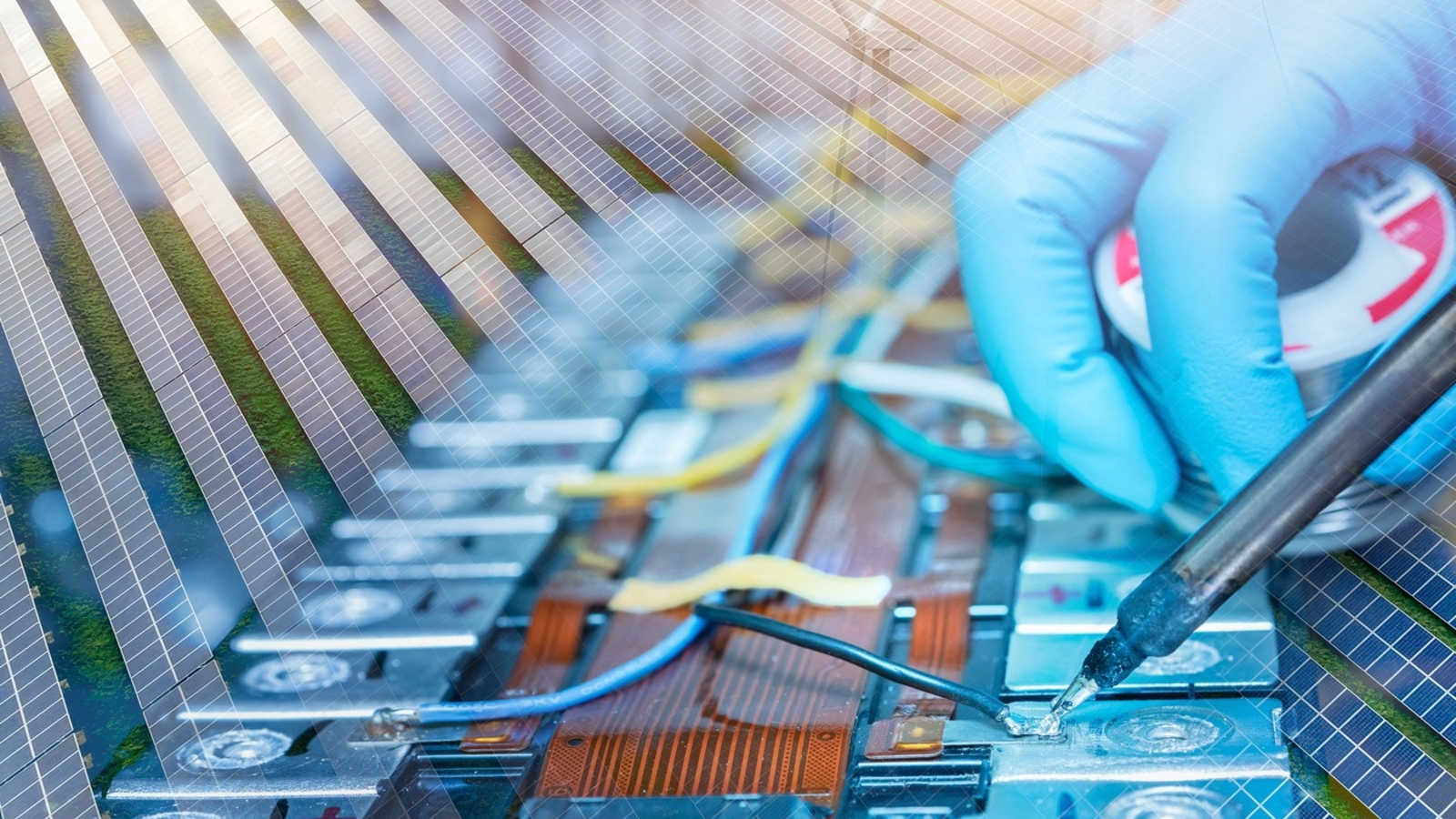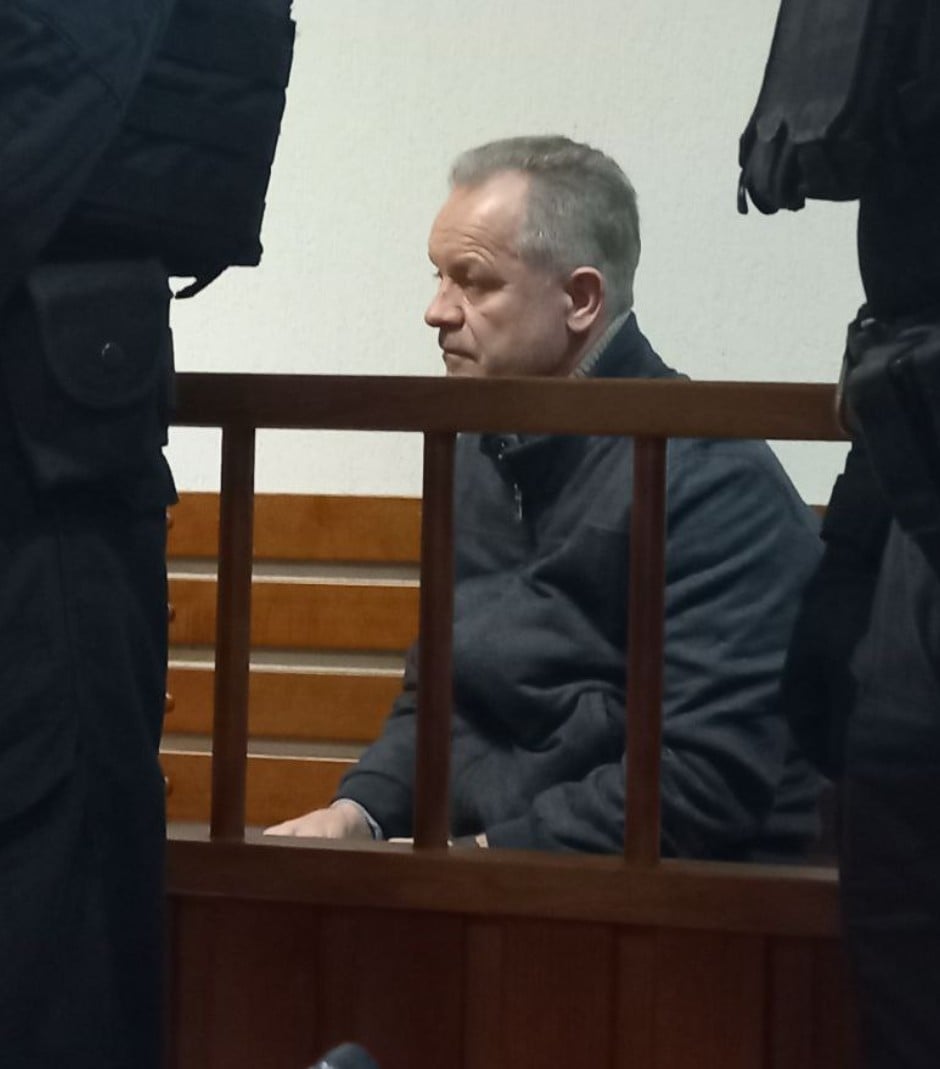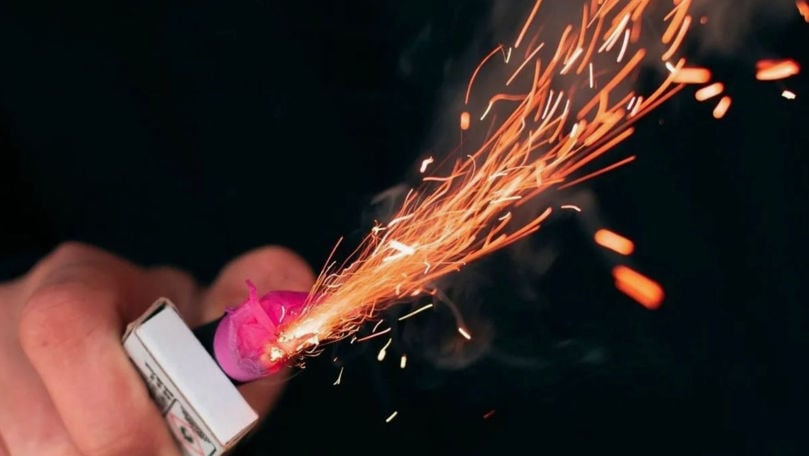GreenGroup, through its GreenWEEE branch in Buzau County, which specialises in the recycling of waste electrical and electronic equipment (WEEE), has unveiled for the first time the results of the European project GRINNER, an advanced system that uses artificial intelligence and dual X-ray scanning to automatically detect batteries in discarded electronics.
According to the company, the purpose of implementing this equipment is to prevent fires caused by lithium-ion batteries and to optimise industrial processes, in a context where such incidents are becoming increasingly frequent across Europe, with over 30 fires reported weekly at recycling facilities.
'GRINNER is the response of an industry that has understood that the future of recycling is built through innovation. It is the result of three years of research, international collaboration, and a commitment to safety and efficiency. It is not just a technology, but a protective barrier for people, the environment, and industrial infrastructure. By automatically detecting batteries in electronics, GRINNER reduces the risk of fires, conserves resources, saves lives, and sets a new safety standard in the treatment of electronic waste. At the same time, it offers the industry a reliable, precise, and replicable solution for preventing major battery-related risks,' GreenWEEE General Manager Marius Costache is quoted as saying in a press release.
The GRINNER project has a total value of 3 million euros and is being developed by an international consortium comprising seven organisations from Romania, Belgium, Poland, Greece, Italy, Sweden, and the United Kingdom.
'From electric toothbrushes, remote controls and toys, to phones and portable speakers, millions of WEEE items arrive at collection and recycling centres every day. Many of these contain batteries that are difficult to identify visually, and without an efficient detection system, they can cause severe fires during mechanical processing or even during storage. The facility automatically detects batteries, such as lithium-ion, button, or AA types, from electronic waste at a speed of up to 1 m/s. The system operates fully automatically, not relying on the shape or appearance of devices, but on the material signature of the batteries, delivering accurate results regardless of positioning or casing,' the WEEE recycling specialist reports.
The investor notes that the technology is a first in Europe, and the fact that Romania hosts the first functional prototype confirms the local capacity to generate relevant solutions for global challenges.
AI plus X-ray scanning system for battery detection in electronic waste
Articole Similare

11
We enter new year with confidence, responsibility and sincere desire to do things better (PNL)
11

19
President Dan: In 2026, it is essential that state becomes more efficient, fairer and closer to citizens
19

25
National sanitary-veterinary system is functional and capable of responding quickly to internal risks and international requirements
25

12
Parcels with value less than 150 euros, originating from outside EU,will be charged 25 RON
12

10
CNIR: Application for European funding for Chiribis-Biharia lot and Spinus road junction, submitted
10

15
Pistol (CNAIR): In 2026, target is 250 new kilometers
15

10
Quarterly reference rate for consumer loans falls to 5.68% per annum
10

16
Romanian Police: Seven fugitives, including a 'most wanted' woman, have repatriated
16

22
PSD's Grindeanu: Political stability must remain the key to social and economic development in 2026
22

30
Men's basketball: Dramatic victory for U-BT Cluj-Napoca in EuroCup
30

45
Gov't okays contingent of 90,000 newly admitted foreign workers on Romanian labor market in 2026
45

15
The three Romanians stuck in cable car in Italy - evacuated in good condition (ForMin Toiu)
15

15
We will have a deficit lower than the 8.4% we aimed at (PM Bolojan)
15



















Comentează